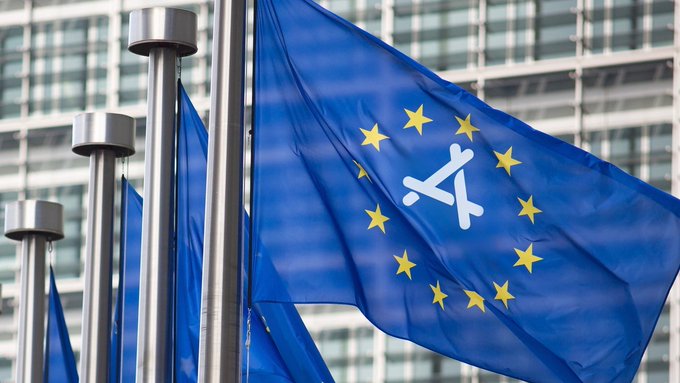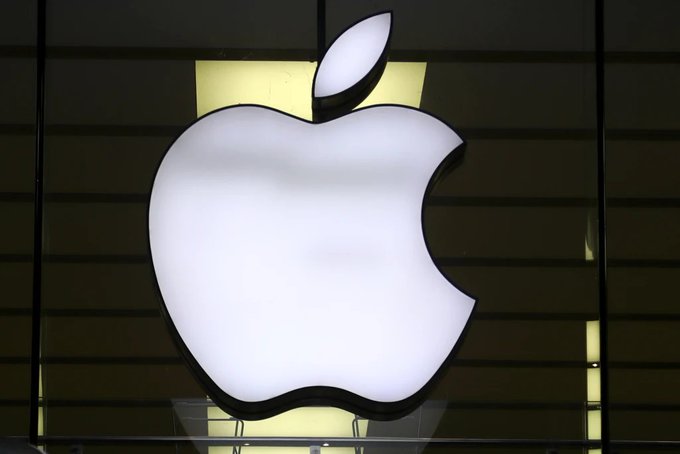Introduction
Apple has launched a vigorous legal challenge against a €500 million fine imposed by the European Union, describing the penalty as “unprecedented” and the regulatory demands as exceeding the boundaries of the law. The fine, announced by the European Commission in April 2025, marks one of the most significant enforcement actions under the EU’s new Digital Markets Act (DMA)—a sweeping legislative effort to rein in the power of major technology platforms and foster fairer competition in digital markets.

Background: The EU’s Digital Markets Act and the Fine
The Digital Markets Act, effective since 2024, is designed to prevent large tech companies—designated as “gatekeepers”—from abusing their dominant positions to stifle competition. Under the DMA, companies like Apple are required to allow app developers to direct users to alternative purchasing options outside their proprietary platforms, such as the Apple App Store.
The European Commission’s investigation concluded that Apple had breached these rules by imposing technical and commercial barriers that prevented developers from informing users about cheaper subscription offers or payment options outside the App Store. As a result, the Commission levied a €500 million fine on Apple, warning that non-compliance could lead to additional daily penalties of up to 5% of Apple’s global average daily revenue—potentially amounting to €50 million per day.
Apple’s Response: Legal Appeal and Public Statements
On July 7, 2025, Apple filed its appeal with the EU’s General Court, the bloc’s second-highest judicial authority. In its official statement, Apple asserted:
“Today we filed our appeal because we believe the European Commission’s decision—and their unprecedented fine—go far beyond what the law requires. As our appeal will show, the EC is mandating how we run our store and forcing business terms which are confusing for developers and bad for users. We implemented this to avoid punitive daily fines and will share the facts with the court.”
Apple contends that the Commission’s demands are not only excessive but also detrimental to both developers and consumers. The company argues that the new rules complicate the App Store’s operations, making it harder for developers to navigate and for users to make informed choices.
Changes to the App Store and Ongoing Disputes
In response to the Commission’s initial order, Apple made significant changes to its App Store policies in the EU. These included:
- Allowing developers to direct users to external payment methods.
- Introducing a new tiered commission structure, with rates as low as 5% and as high as 13%, plus a 2% user acquisition fee, depending on how developers distribute and promote their apps.
- Permitting developers to advertise out-of-app payment processing for digital goods, thereby bypassing some of Apple’s traditional fees.
Despite these adjustments, the European Commission remains unconvinced that Apple’s changes fully comply with the DMA. The Commission is currently soliciting feedback from app developers before deciding whether further measures will be necessary.
The Broader Context: Tech Regulation and Global Implications
Apple’s legal battle comes amid a broader crackdown on major technology firms by EU regulators. The €500 million penalty against Apple was accompanied by a €200 million fine against Meta (Facebook’s parent company) for its “consent or pay” advertising model. These actions are the first major tests of the DMA’s enforcement powers and are being closely watched by both the tech industry and policymakers worldwide.
Apple claims that it is being “unjustly targeted” and forced to “divulge our technology at no cost,” accusing EU regulators of shifting the goalposts during negotiations. The company’s stance has drawn support from some quarters in the U.S., with critics of the EU’s approach likening the fines to a form of taxation on American businesses.
Expert Reactions and Industry Impact
Industry analysts note that Apple’s appeal was widely anticipated and could set a precedent for how the DMA is interpreted and enforced. Paolo Pescatore, a technology analyst at PP Foresight, commented:
“We should not underestimate the complexities involved in making fundamental design, operational, and commercial adjustments to well-established services and the time required for enforcement. As always, the devil is in the details, which will inevitably take longer to sort out.”
The outcome of this legal confrontation could have far-reaching consequences for app developers, consumers, and the future of digital regulation in Europe and beyond.
Conclusion
Apple’s decision to contest the €500 million EU fine signals the beginning of a high-stakes legal showdown over the future of digital market regulation. As the case moves through the courts, its resolution will shape not only Apple’s business practices but also the broader landscape of competition and consumer choice in the digital economy.

